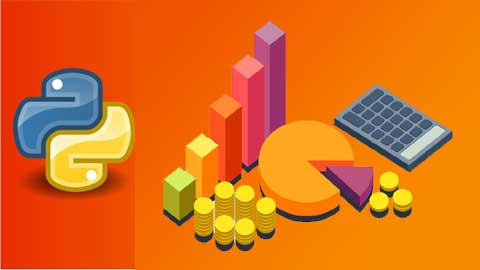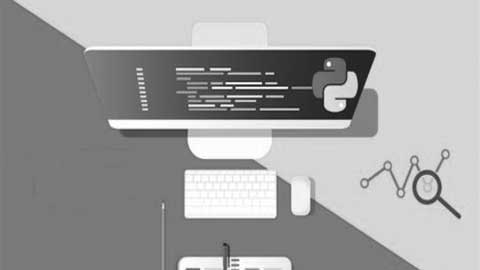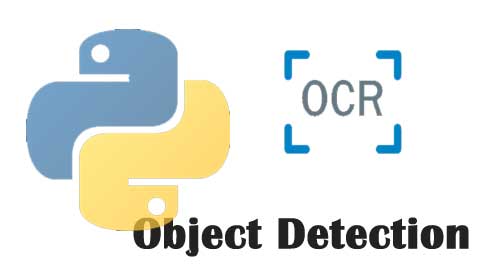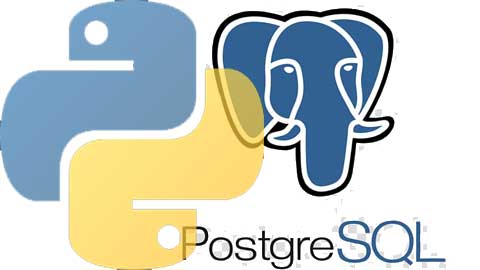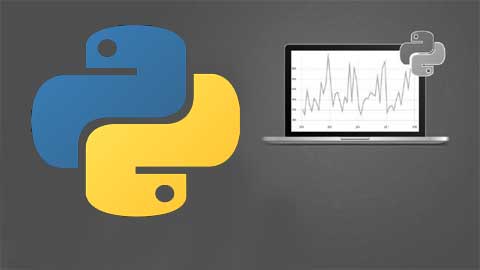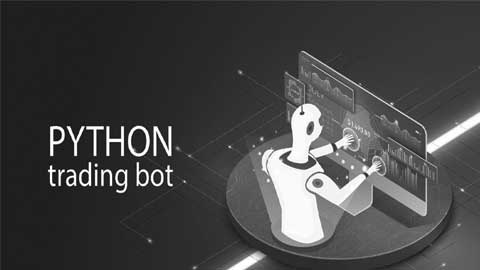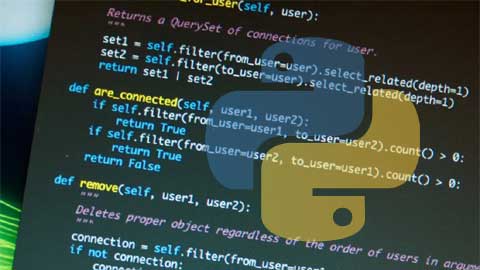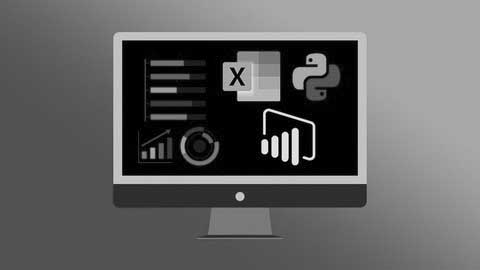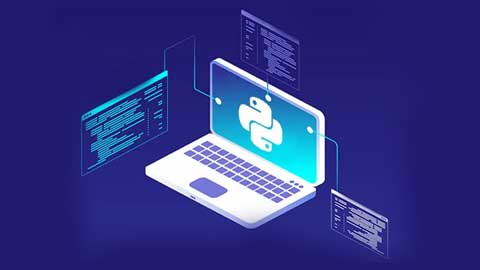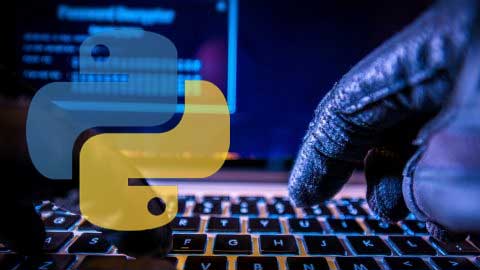What you'll get
- Job Credibility
- Certification Valid for Life
- Live Classes
- Certificate of Completion
Exam details
- Mode of Exam : Online
- Duration : 1 Hour
- Multiple Choice Questions are asked
- No. of Questions are asked : 50
- Passing Marks : 25 (50%)
- There is no negative marking
In Certificate In Python, you will learn python programming language from scratch to pro. We have designed this online certification in python for beginners by including each concept that you need to know. The duration of the course is 6 months.
What will you learn during the course?
In our python certification, you will know the introduction and fundamentals of the python programming language. Also, you will learn- Object-Oriented Programming
- database
- Advanced Python Development
- Web Scraping
- Algorithms
- Data Structures, and more.
Why should you enrol in this course?
The Acme Collins School is a reputed online course provider at reasonable fees. If you join this course then you are mentored by an expert where you learn the essentials of Python programming from beginning to advance.
Why should you learn python?
This language is an open-source high-level language, which carries the cloud-based system. Learning Python can be a better choice as it offers the greatest coding facility to its users. This language is used by many companies, for example, Google, Facebook, Instagram, and more. If you want to become a web developer and build a strong career in this field then you must know python. This course will help you to make your path easier to become an expert.
What is its future scope?
Today and in the future, there are a lot of opportunities for developers who have expertise in python. Every day the number of job opportunities is increasing tremendously as this software has simple codes and fast readability. Python professionals get handsome pay from companies with extra perks.
Course Content
-
Why Do People Use Python?
-
Is Python a "Scripting Language"?
-
Downside of the language
-
Who Uses Python Today?
-
What Can I do with Python?
-
How Is Python Supported?
-
What are Python's Technical Strengths?
-
How Does Python Stack Up to Language X?
-
Introducing the Python Interpreter
-
Program Execution
-
Execution Model Variations
-
The Interactive Prompt
-
System Command Lines and Files
-
Clicking File Icons
-
Module Imports and Reloads
-
Using exec to Run Module Files
-
The IDLE User Interface
-
Other IDEs
-
Other Launch Options
-
Which Option Should I Use?
-
Why Use Built-in Types?
-
Numbers
-
Strings
-
Lists
-
Dictionaries
-
Tuples
-
Files
-
Other Core Types
-
Numeric Type Basics
-
Numbers in Action
-
Other Numeric Types
-
Numeric Extensions
-
The Case of the Missing Declaration Statements
-
Shared References
-
Dynamic Typing Is Everywhere
-
String Literals
-
Strings in Action
-
String Methods
-
String Formatting Expressions
-
String Formatting Method Calls
-
General Type Categories
-
Lists
-
Lists in Action
-
Dictionaries
-
Dictionaries in Action
-
More Dictionaries Methods
-
A Language Table
-
Dictionary Usage Notes
-
Other Ways to Make Dictionaries
-
Dictionary Changes in Python 3.0
-
Tuples
-
Files
-
Types Categories Revisited
-
Object Flexibility
-
References Versus Copies
-
Comparisons, Equality, and Truth
-
Python's Type Hierarchies
-
Other Types in Python
-
Built-in Type Gotchas
-
Python Program Structure Revisited
-
A Tale of Two ifs
-
A Quick Example: Interactive Loops
-
Assignment Statements
-
Expression Statements
-
Print Operations
-
If Statements
-
Python Syntax Rules
-
Truth Tests
-
The if/else Ternary Expression
-
while loops
-
break, continue, pass, and the loop else
-
for loops
-
Loop Coding Techniques
-
Iterators: A first Look
-
List Comprehension: A first look
-
Other Iteration Contexts
-
New Iterables in Python 3.0
-
Other Iterator Topics
-
Python Documentation Sources
-
Common Coding Gotchas
-
Why Use Functions?
-
Coding Functions
-
def Statements
-
def Executes at Runtime
-
A First Example: Definitions and Calls
-
A Second Example: Intersecting Sequences
-
Python Scope Basics
-
The global Statement
-
Scopes and Nested Functions
-
The nonlocal Statement
-
Argument-Passing Basics
-
Special Argument-Matching Modes
-
The min Wakeup Call!
-
Generalized Set Functions
-
Emulating the python 3.0 print function
-
Function Design Concepts
-
Recursive Functions
-
Function Objects: Attributes and Annotations
-
Anonymous Functions: Lambda
-
Mapping Functions over Sequences: map
-
Functional Programming Tools: filter and reduce
-
List Comprehension Revisited: Functional Tools
-
Iterators Revisited: Generators
-
3.0 Comprehension Syntax Summary
-
Timing Iteration Alternatives
-
Function Gotchas
-
Why Use Modules?
-
Python Program Architecture
-
How Imports Work
-
The Module Search Path
-
Module Creation
-
Module Usage
-
Module Namespaces
-
Reloading Modules
-
Package Import Basics
-
Package Import Example
-
Why Use Package Imports?
-
Package Relative Imports
-
Data Hiding in Modules
-
Enabling Future Language Features
-
Mixed Usage Modes: _name_and _main_
-
Changing the Module Search Path
-
The as Extension for import and from
-
Module are Objects: Metaprograms
-
Importing Modules by Name String
-
Transitive Module Reloads
-
Module Design Concepts
-
Module Gotchas
-
Why Use Classes?
-
OOP from 30,000 Feet
-
Classes Generate Multiple Instance Objects
-
Classes are Customized by Inheritance
-
Classes Can Intercept Python Operators
-
The World's Simplest Python Class
-
The class Statement
-
Methods
-
Inheritance
-
Namespaces
-
Documentation Strings Revisited
-
Classes Versus Modules
-
The Basics
-
Indexing and Slicing: _getitem_and_setitem_
-
Index Iteration: _getitem_
-
Iterator Objects: _iter_and_next_
-
Membership: _contains_,_and_getitem_
-
Attribute Reference: _getattr_and_setattr_
-
String Representation:_repr_and_str_
-
Right-Side and In-Place Addition:_radd_and_iadd_
-
Call Expression:_call_
-
Comparisons:_It_,gt_,and Others
-
Boolean Tests:_bool_and_len_
-
Object Destruction:_del_
-
Python and OOP
-
OOP and Inheritance:"Is-a" Relationships
-
OOP and Composition:"Has-a" Relationships
-
OOP and Delegation:"Wrapper" Objects
-
Pseudoprivate Class Attributes
-
Methods are Objects: Bound or Unbound
-
Multiple Inheritance: "Mix-in" classes
-
Classes are Objects: Generic Object Factories
-
Other Design-Related Topics
-
Extending Built-in Types
-
The"New-Style" Class Model
-
New-Style Class Changes
-
New-Style Class Extensions
-
Static and Class Methods
-
Decorators and Metaclasses: Part 1
-
Class Gotchas
-
Why use Exceptions?
-
Exceptions: The Short Story
-
The try/except/else Statement
-
The try/finally Statement
-
Unified try/except/finally
-
The raise Statement
-
The assert Statement
-
with/as Context Managers
-
Exceptions: Back to the Future
-
Why Exception Hierarchies?
-
Built-in Exception Categories
-
Custom Print Displays
-
Custom Data and Behavior
-
Nesting Exception Handlers
-
Exception Idioms
-
Exception Design Tips and Gotchas
-
Core Language Summary
-
String Changes in 3.0
-
String Basics
-
Python 3.0 Strings in Action
-
Coding Unicode Strings
-
Using 3.0 Bytes Objects
-
Using Text and Binary Files
-
Using Unicode Files
-
Other String Tool Changes in 3.0
-
Why Manage Attributes ?
-
Properties
-
Descriptors
-
Example: Attribute Validations
-
What's a Decorator?
-
The Basics
-
Coding Functions Decorators
-
Coding Class Decorators
-
Managing Functions and Classes Directly
-
Example:"Private" and "Public"Attributes
-
Example: Validating Function Arguments
-
To Metaclass or Not to Metaclass
-
The Metaclass Model
-
Declaring Metaclasses
-
Coding Metaclasses
-
Example: Adding Methods to Classes
-
Example: Applying Decorators to Methods

